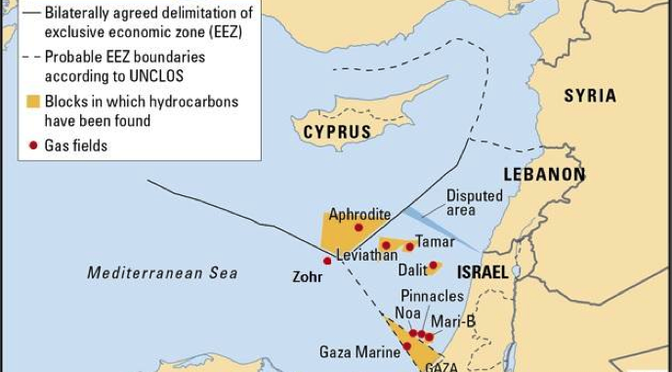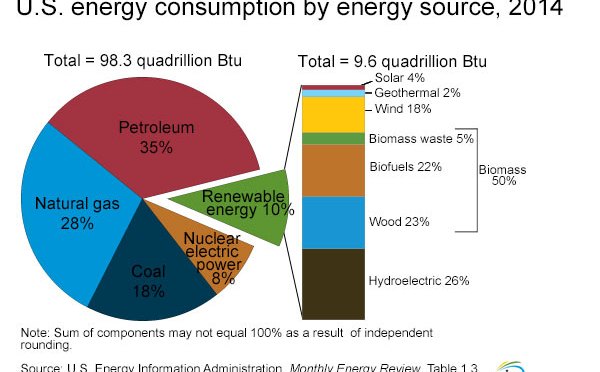A dispute about how far the Aphrodite gas reservoir extends into Israel is preventing the signing of a unitization agreement.
Cypriot President Nicos Anastasiades will visit Israel on Friday for a meeting with Prime Minister Benjamin Netanyahu, according to media reports in Cyprus. Among other things, the two leaders will discuss matters regarding energy. Cypriot sources said they would also discuss the political dispute over the Aphrodite off-shore natural gas reservoir, which extends into Israeli waters.
Last month, “Globes” revealed that disputes between Israel and Cyprus over development of the Aphrodite reservoir were delaying the signing of a unitization agreement between the two countries.
The agreement is designed to arrange the development of oil and gas reservoirs held by the two countries and additional cooperation in the energy sector. The Aphrodite reservoir, discovered in Bloc 12 in Cypriot waters, partly extends into the area of the Yishai license in Israeli waters. The unitization agreement, which was slated for signing together with a marine borders agreement signed in 2010, has been delayed since then due to various dispute involving principles and technical matters. Negotiations between the parties have been going on for five years.
“The unitization agreement between Israel and Cyprus will be signed if the internal political dispute in Cyprus is solved, and if gas from the countries can be exported to Turkey,” said Institute for National Security Studies senior fellow and former Israel Ambassador to Jordan and the European Union Dr. Oded Eran.
“A deal for gas exports to Turkey will force the two countries to settle their differences,” he explains. “The problem with the Aphrodite reservoir is not only the lack of a unitization agreement with Israel, but that the quantities of gas in it do not justify the investment required to develop it,” Eran asserts. “Therefore, if Israel and Cyprus manage to build joint infrastructure for exporting gas from the two reservoirs, Leviathan and Aphrodite, there will be a better chance of an agreement being signed by the countries.”
According to Eran, “1% of the Aphrodite reservoir extends into Israeli waters, and no one in Israel really wants to invest there. If a deal for exporting to Turkey makes progress, however, both of the countries will be more flexible, and progress on an agreement can be made.” On the question of Israel’s gas exporting options, Eran says that the only realistic option today is Turkey.
“The gas discovery in Egypt has changed everything, and exporting gas to that country will be difficult for both Israel and Cyprus. Turkey is the address now. The Turkish economy consumes 48 BCM of gas, and its consumption will double over the next 20 years,” Eran says. What has to happen for a deal to be signed with Turkey?
Eran claims that the internal disputes in Cyprus must be solved first. Turkey invaded the northern half of Cyprus in 1974, and since then, there has been a dispute between the countries. Cyprus, through whose economic waters the pipeline to Turkey should pass, is not giving the project the go-ahead. “In recent months, there has been progress in the negotiations between the Turkish and the Greek side in Cyprus. The Greek side is becoming slightly more flexible, and there is reason for optimism,” says Eran, adding, “If the parties reach an understanding, Israel will be able to push forward a deal for exporting gas to Turkey. Israeli gas can go to Cyprus, and from there through the pipeline to Turkey.”
Originally Published by Globes [online], Israel business news by Hedy Cohen



